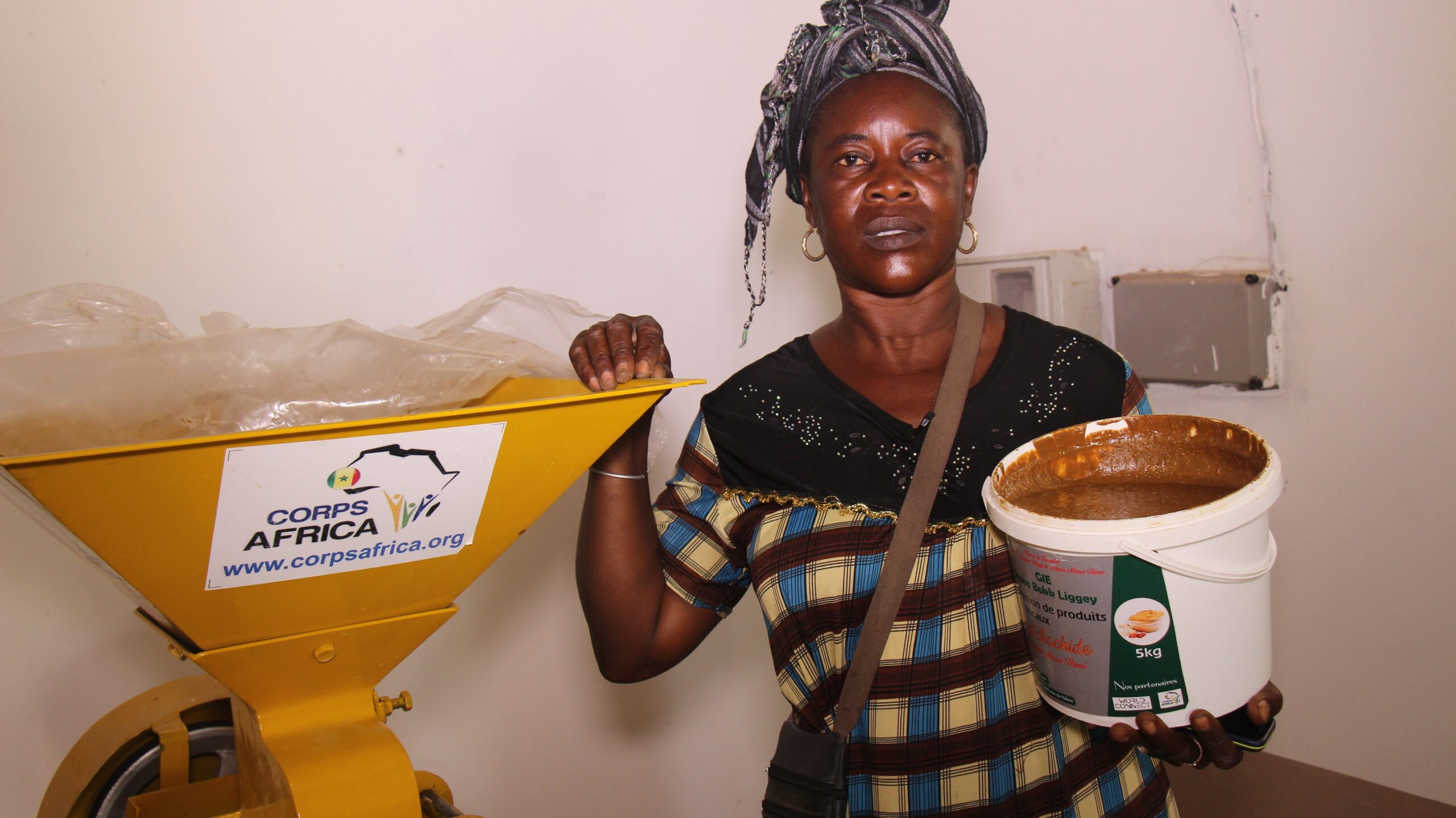
Through community meetings, the people of Runidage Village chose to tackle issues around women’s unemployment and economic hardship. Although an agrarian economy, the price of fertilizer was painfully expensive, and the community needed a cheaper source. They additionally sought to address malnutrition, which required finding a new source of nutrient-dense food. To combat these challenges, the community concluded that raising chickens would provide a cheaper natural fertilizer and could create a source of income for the community through the sale of eggs. Young people involved in the project would also have the opportunity to gain reliable income, while local farmers could have easier access to fertilizers, increasing crop yields.
This project originally envisioned the construction of a building to house the poultry business, the land for which was to be donated by the citizens of Runidage Village. Building a structure during the rainy season proved to be inefficient, so the project was redirected to the acquisition of a building instead. Rather than contributing the land originally needed for building a structure, the residents of Runidage Village provided physical labor to renovate the purchased structure. The community’s desire to work, boost their economy, and supply more jobs was evident through their actions and contributions for the entirety of this project. Members of the Bwira Youth Hangumurimo Cooperative helped by acquiring and transporting building materials, installing electric connections, and assisting Assane in the design of the business logo. The Bwira Sector Executive identified the location of the business and organized meetings with his contacts to handle the environmental, veterinary, agricultural, and social aspects. To ensure the longevity of the project, a business sustainability plan was put into effect in which three people were assigned to send updates to Assane about the new business and the long-term objectives. The chickens were also vaccinated to ensure their good health and longevity.
Project Highlights:
– Community members can more easily acquire chickens and eggs, consequently improving malnutrition rates.
– Enlarged income from the sale of eggs and fertilizer will result in more money fed into the local economy, benefitting the village beyond those who are a part of the project.
– Heightened agricultural yields from increased fertilizer will fuel the economy and offer citizens a balanced diet.